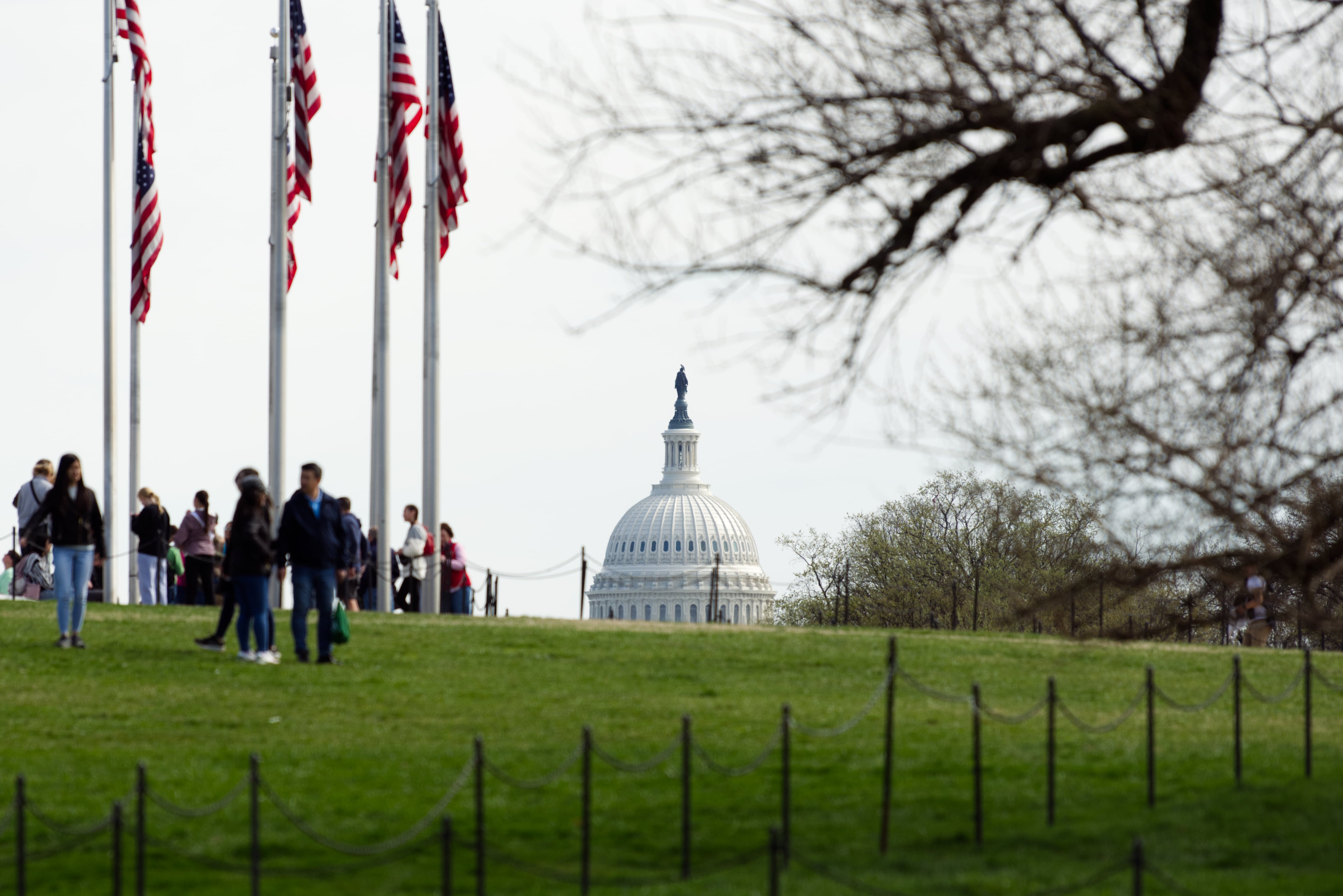Florida Gov. Ron DeSantis signed legislation on May 26 to permanently establish and expand the Florida State Guard, which he revived last year.
The bill expands the maximum size of the Florida State Guard — a separate entity from the Florida National Guard — from 400 members to 1,500. The legislation also allows the force’s budget to increase tenfold, from roughly $10 million to approximately $107.6 million.
“Florida is the most military and veteran friendly state in the nation and through this legislation, we are further supporting our military, veterans and their families with the resources they need while they are serving and after they have fulfilled their duty,” DeSantis said in a press release.
DeSantis restored the state defense force last year, citing a need for a larger civilian emergency response force in a state prone to natural disasters. He is the force’s commander-in-chief, as he is for the Florida National Guard when its units aren’t mobilized and placed under federal control.
While critics blasted the move as an effort to consolidate power, DeSantis’ stated logic addressed years of pleas from the state’s National Guard officials, who reported their formations were consistently undermanned and overworked. For years, Florida has had a disproportionately small National Guard compared to its general population, with the state ranking 53 out of the 54 states and territories in its guardsman-to-citizen ratio.
Their efforts gained momentum when a bipartisan letter from Florida’s congressional delegation last year urged the National Guard Bureau for additional forces in Florida. But as a recruiting crisis made it difficult for the National Guard to reach its authorized levels, and the since-rescinded COVID-19 vaccine mandate threatened to purge experienced troops from the federally-aligned force, DeSantis looked to the history books.
What is the Florida State Guard?
The Florida State Guard is one of several active state defense forces — each distinct from their respective state or territory’s National Guard — to be used exclusively within the jurisdiction of that outfit’s state or territory, according to a Florida Senate bill analysis. It is led by that state or territory’s governor or chief executive, but unlike the National Guard, may not be called into federal service.
Florida’s original state defense force formed in 1941 to fill in for the state’s National Guard, which had been federalized into service during World War II, the analysis added. The force was deactivated and disbanded in 1947 after the return of the state’s National Guard.
Other state defense forces have filled a variety of roles in recent years, with an increasing number of states reestablishing or expanding them. Volunteers from the Texas State Guard, for example, have been patrolling the state’s border with Mexico alongside their National Guard counterparts as part of Operation Lone Star. Other states, like Virginia and California, tender state defense force commissions to military academy faculty or other outside experts.
The Florida State Guard was set to sunset on July 1 before DeSantis signed the new legislation that repeals that expiration date and establishes the Florida State Guard as a permanent component in the Sunshine State, creating the Division of the State Guard within Florida’s Department of Military Affairs.
The recent bill requires the director to organize a specialized unit within the Florida State Guard, all members of which will be “vested with authority to bear arms, detect, and apprehend while activated.”
Not everyone has supported the reactivation of the state defense force, with some, like the American Civil Liberties Union of Florida, arguing it gives the governor too much power and would turn Florida into a “police state.”
To join the Florida State Guard, an applicant must be a U.S. citizen, a resident of the state and may not be an active duty service member, a member of a Reserve unit or the Florida National Guard, according to the Senate bill analysis. Former members of the armed forces interested in applying must have separated under terms no less than a general discharge under honorable conditions.
Researchers at Colorado State University are predicting a near-average Atlantic hurricane season this year with 15 named storms, of which seven could become hurricanes.
Jonathan is a staff writer and editor of the Early Bird Brief newsletter for Military Times. Follow him on Twitter @lehrfeld_media
Davis Winkie covers the Army for Military Times. He studied history at Vanderbilt and UNC-Chapel Hill, and served five years in the Army Guard. His investigations earned the Society of Professional Journalists' 2023 Sunshine Award and consecutive Military Reporters and Editors honors, among others. Davis was also a 2022 Livingston Awards finalist.





